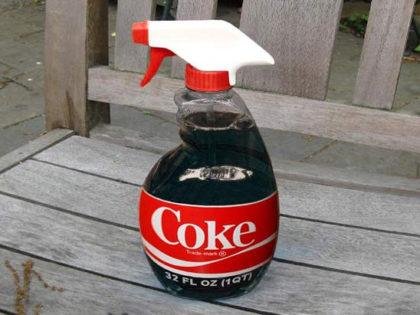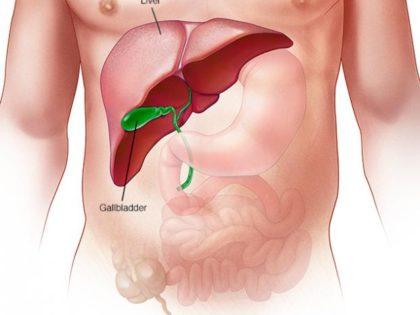How Sugar Affects Your Skin and Leads to Acne
Most people are aware of products that can improve the appearance of their skin, but what you put into your body is just as important for skin health as what you put on your body to treat skin conditions. Sugar consumption, in particular, can negatively affect skin appearance and should be reduced to enhance the beneficial effects of skincare products.
The Physiological Effect of Sugar on Skin
From a physiological standpoint, sugar can exert a negative effect on skin health. As the authors of a 2016 report in the journal Advances in Dermatology and Allergology have explained, the Western diet, which is high on the glycemic index, increases insulin levels, which in turn results in physiological responses that increase sebum production in the skin.
To understand the relationship between sugar and skin health, it is important to have knowledge of the glycemic index. WebMD has reported that foods that are high on the glycemic index quickly raise blood sugar, whereas low glycemic index foods have a smaller effect on blood sugar levels. According to WebMD, processed sugars and breads are high on the glycemic index, and the body quickly converts them into sugar for use as an energy source.

The research has supported a link between acne and a diet that is high on the glycemic index. A 2012 study in the journal BCM Dermatology found that young adults with acne consumed a diet that was higher on the glycemic load when compared to adults who did not experience acne.
Similarly, research has indicated that reducing the dietary glycemic load can improve acne. A study published in a 2007 edition of The American Journal of Clinical Nutrition analyzed the impact of a low glycemic index diet on a group of young men aged 15 to 25 who were receiving treatment for acne. Compared to young men in a control group, those who followed a low glycemic index diet experienced a significant reduction in the number of acne lesions, showing that this sort of diet is effective for treating acne.
Research on Sugar Consumption and Acne
The glycemic index plays a role in the relationship between sugar consumption and acne, and the science has shown that higher levels of sugar in the diet can contribute to acne. A 2015 study in Dermatology found that consuming chocolate and sweets every day increased the risk of acne significantly. A 2009 study in the Journal of Investigative Dermatology analyzed risk factors for acne in a group of high school students with an average age of 16. Results showed that consuming sweets was associated with an increased risk of moderate to severe acne.
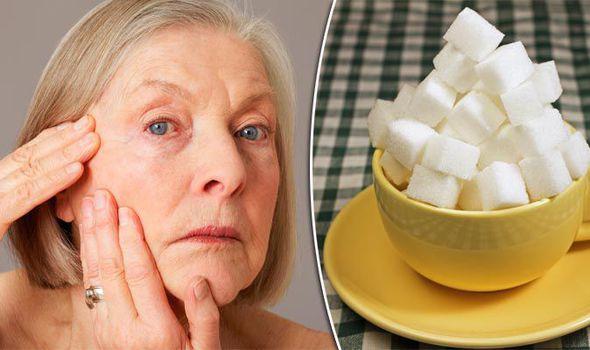
Sugar consumption could also make skin more oily, which would likely contribute to the development of acne. Researchers for a 2007 edition of Skin Research & Technology found that the consumption of sweet food significantly increased the likelihood of oily skin.
Other Skin Problems with Sugar
The skin damage that sugar consumption produces can also result in skin aging. A 2001 study in the Journal of the American College of Nutrition found that a higher intake of sugar products was linked to more skin wrinkling among individuals who were exposed to sun.
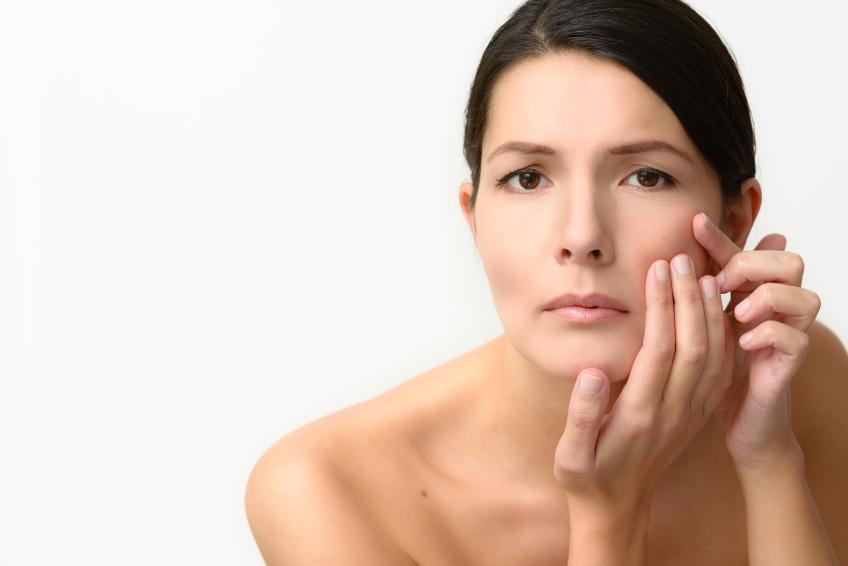
There is a physiological explanation for the relationship between sugar and skin damage. In a review of the research on the link between nutrition and skin aging, authors of a 2015 report in the Iranian Journal of Dermatology reported that excessive sugar consumption exacerbates skin aging by leading to physiological processes that prevent the rejuvenation of skin fibers.
Based on the research, it is clear that excess sugar consumption is damaging to the skin. It can speed the aging process and contribute to oily skin and acne. If you want to improve the appearance of acne-prone skin, it is important to follow a healthy diet in addition to utilizing products that promote healthy, clear skin.
You May Like
-
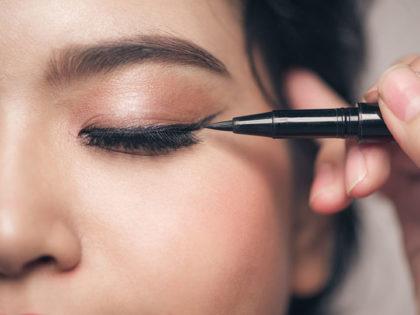
8 Makeup Tricks To Make You Look 10 Years Younger
-

10 Street Style Trends To Look Out For In 2019
-

10 Pro Tips for Taking Care of Naturally Curly Hair
-

9 Basic Hair Essentials That Every Girl Must Own
-

15 Best Celebrity-Inspired Curly Hairstyles
-

12 Foods You Should Be Eating For Amazing Healthy Hair
-

9 Tips And Natural Remedies To Control Oily Skin
-

Six Natural Ways to Clean Your Hair that May Surprise You
-

5 Natural Treatments for Younger-Looking Skin




